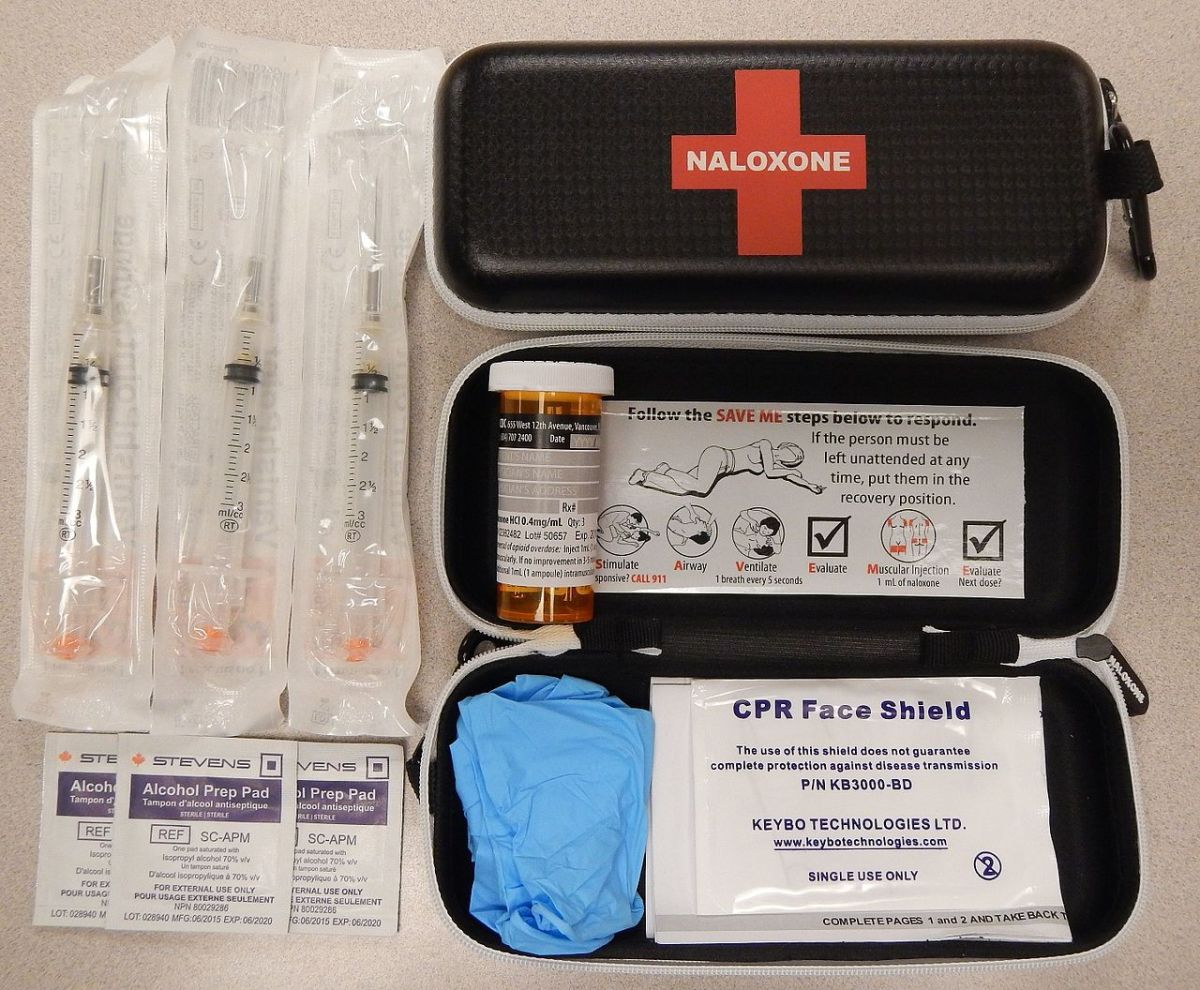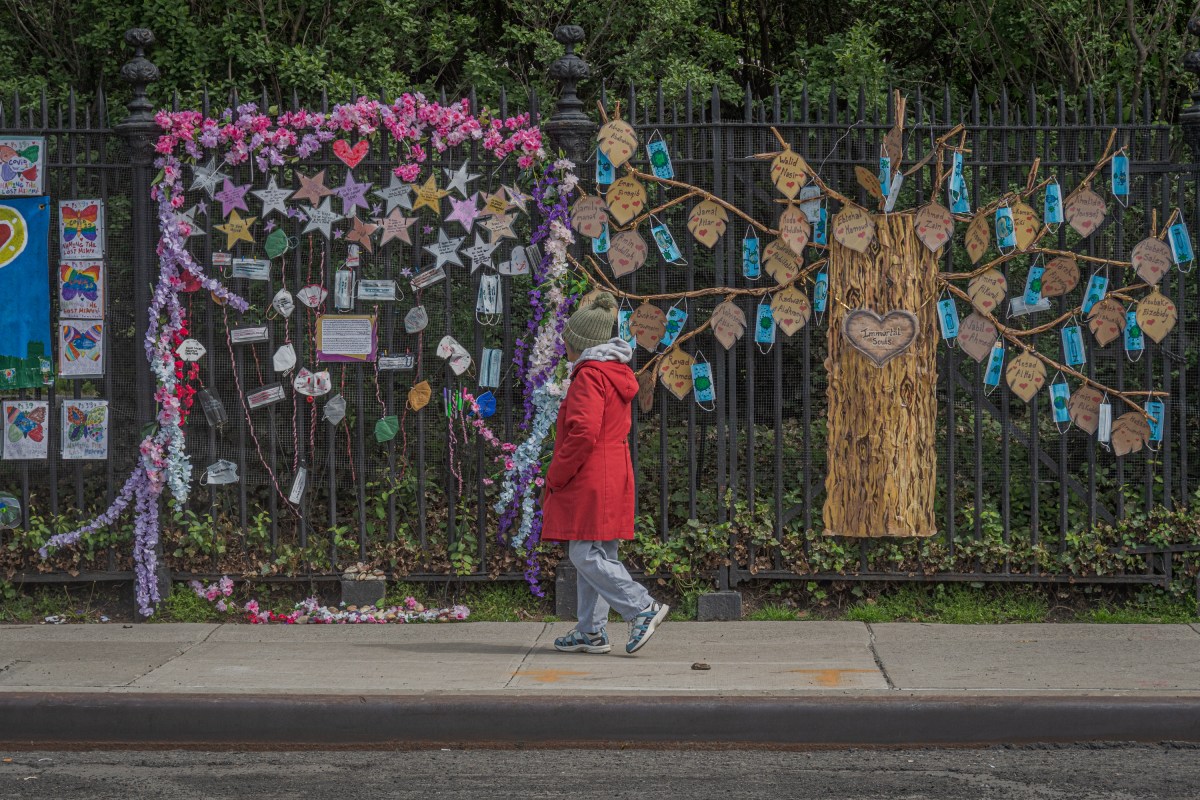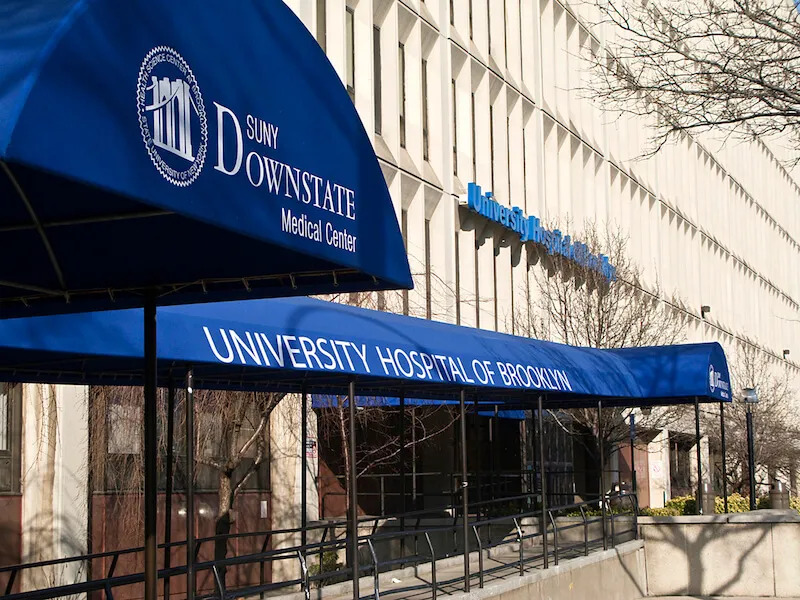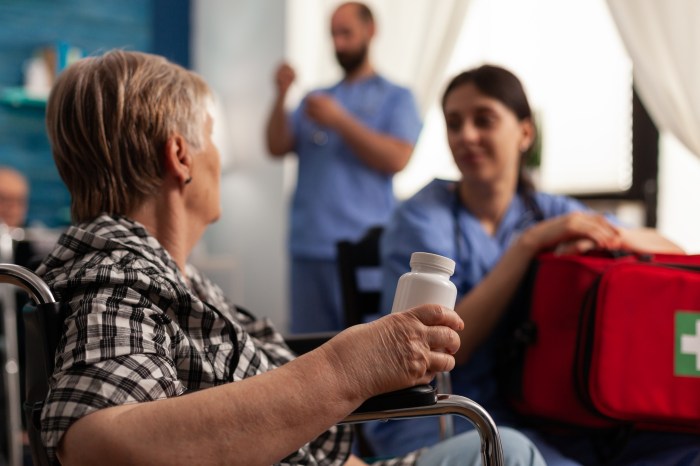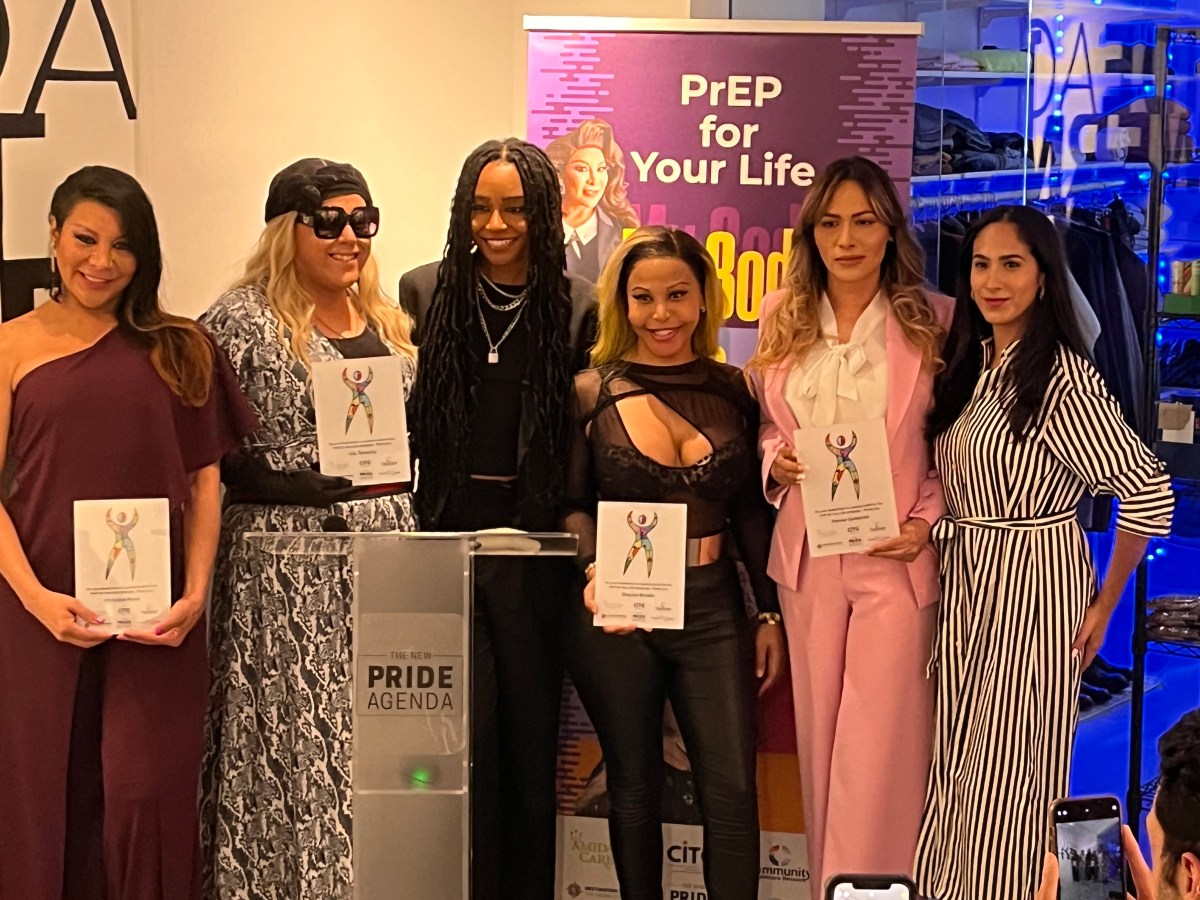BY GABE HERMAN | The city announced in late December that it would expand a counseling program that combats opioid abuse to Mt. Sinai Beth Israel. The hospital, currently located at 281 First Ave., between 16th and 17th Sts., across from Stuyvesant Town, is the program’s first location in Downtown Manhattan.
Called Relay, the program provides a trained counselor to opioid overdose survivors while they are still in the hospital. The individual is given training and counseling about reducing the risk of future overdoses, along with an overdose prevention kit that includes naloxone, a drug that treats emergency overdoses.
Relay is now available at seven hospitals in the city. The program is available 24/7 to participating hospitals, and counselors stay in touch with survivors for up to 90 days. Opioid overdose survivors are two to three times more likely to die from another overdose than a drug user who has never overdosed, the city said.
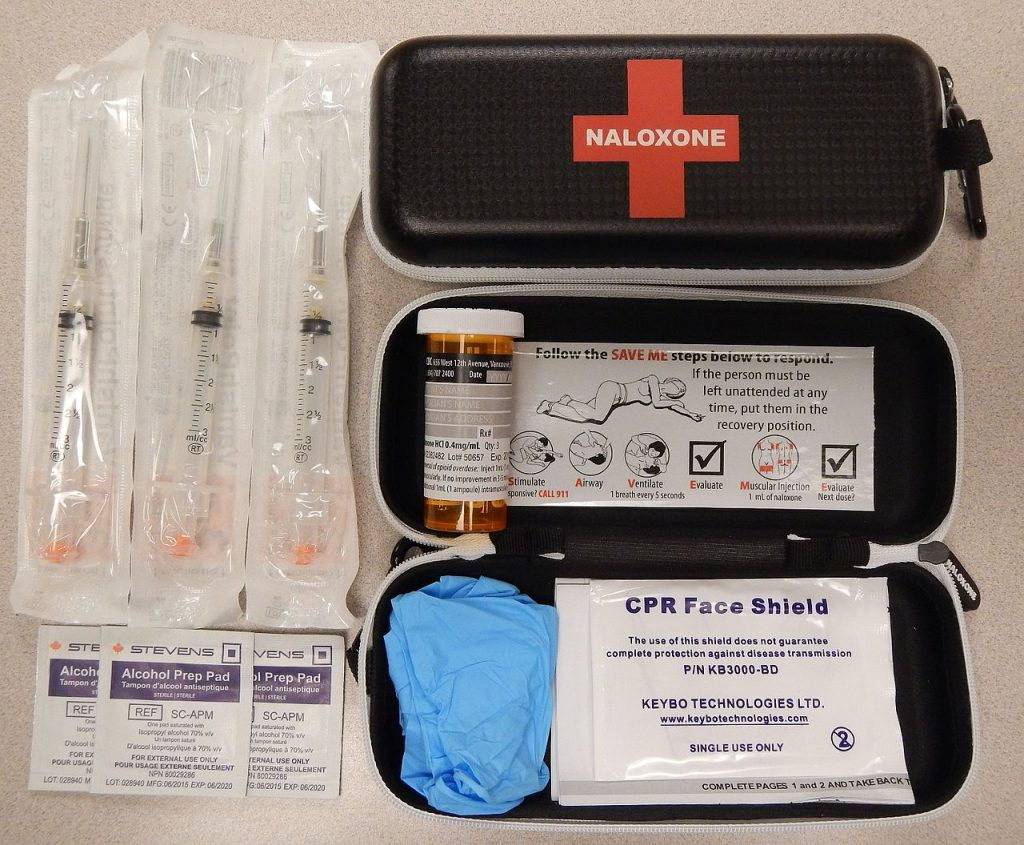
A Wellness Advocate in the Relay program, Kimberly Howard, said at the time of the Dec. 18 announcement, “Being there when someone wakes up from a nonfatal overdose to provide not just a naloxone kit — the very same thing that saved their life — but also support and acceptance, is what makes Relay so impactful.”
Dr. Ethan Cowan, director of research and community engagement and associate professor of emergency medicine at the Icahn School of Medicine at Mount Sinai, said the program is a welcome addition.
“The staff of the emergency department at Mount Sinai Beth Israel is excited to be participating in this important program,” Cowan said. “We look forward to including the wellness advocates as a part of our team and hope to be part of the solution to the ever-increasing number of opioid overdose deaths in New York City.”
Relay is part of Healing NYC, a program launched in 2017 by Mayor Bill de Blasio and First Lady Chirlane McCray to reduce fatal opioid overdoses, which account for 80 percent of total overdose deaths citywide.
There were 1,487 overdose deaths in the city in 2017, according to city data, a record high and a 2 percent increase from 2016. Overdose deaths skyrocketed by 50 percent from 2015 to 2016 citywide. In 2017, 225 — or 15 percent — of the city’s fatal overdose cases were Manhattan residents.
In October, the city announced there were 694 fatal overdoses in the first half of 2018, a slower pace than 2017’s total but still considered to be at an epidemic level.
During the city’s opioid epidemic in recent years, drug overdoses have killed more New Yorkers than homicides, suicides and vehicle crashes combined, according to the Department of Health.
The Relay program also recently expanded to Jamaica Hospital in Queens and, as of last month, to the BronxCare Health System. And naloxone is now widely available throughout the city, including at big-chain pharmacies and more than 600 independent pharmacies.
Health Commissioner Dr. Oxiris Barbot said the new program gives patients targeted help for their needs at any given moment.
“When an overdose survivor meets a Relay Wellness Advocate who has lived experience with substance use, it often makes the survivor more receptive to engaging in services,” Barbot said. “Whether it’s a naloxone training or support connecting to treatment for opioid use, we are committed to meeting our patients where they are at. We are thrilled to expand Relay to Queens for the first time at Jamaica Hospital and to Mount Sinai Beth Israel in Manhattan, which has an impressive history of substance-use treatment.”
The Relay program started in June 2017, and from then until November 2018, it has worked with 620 overdose survivors and distributed 913 naloxone kits. The city said it plans to expand the program to 15 hospitals by 2020.



